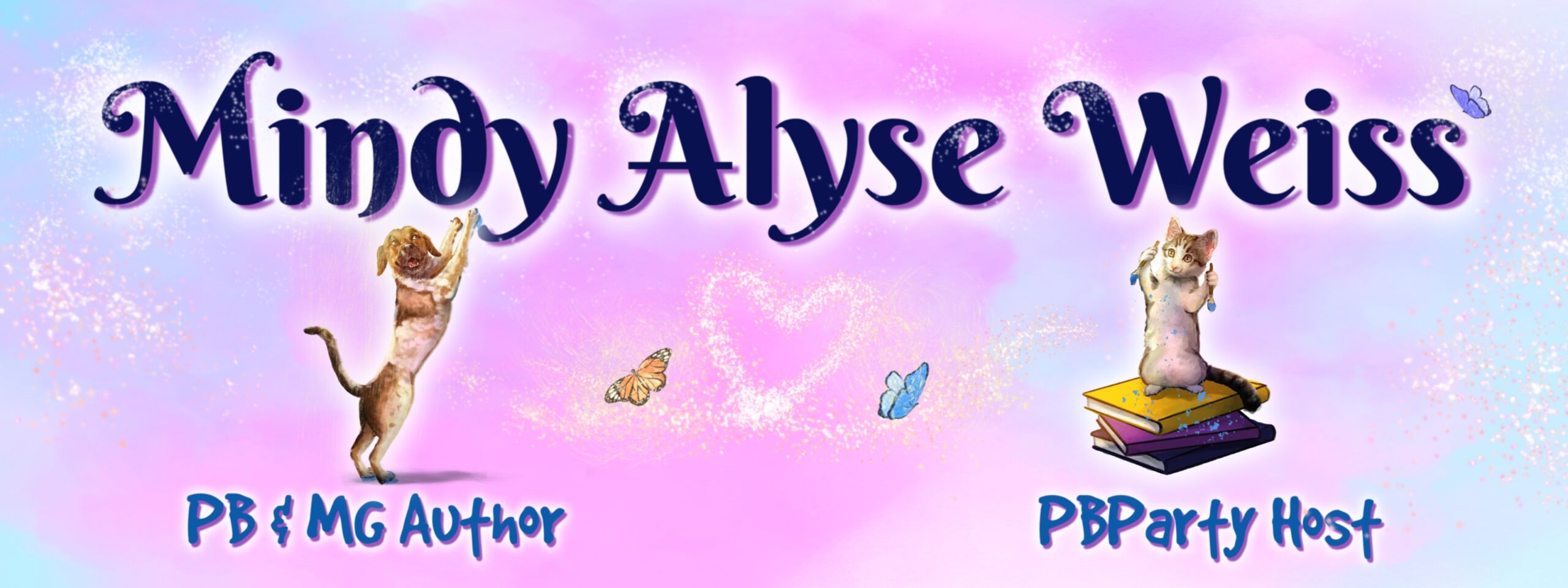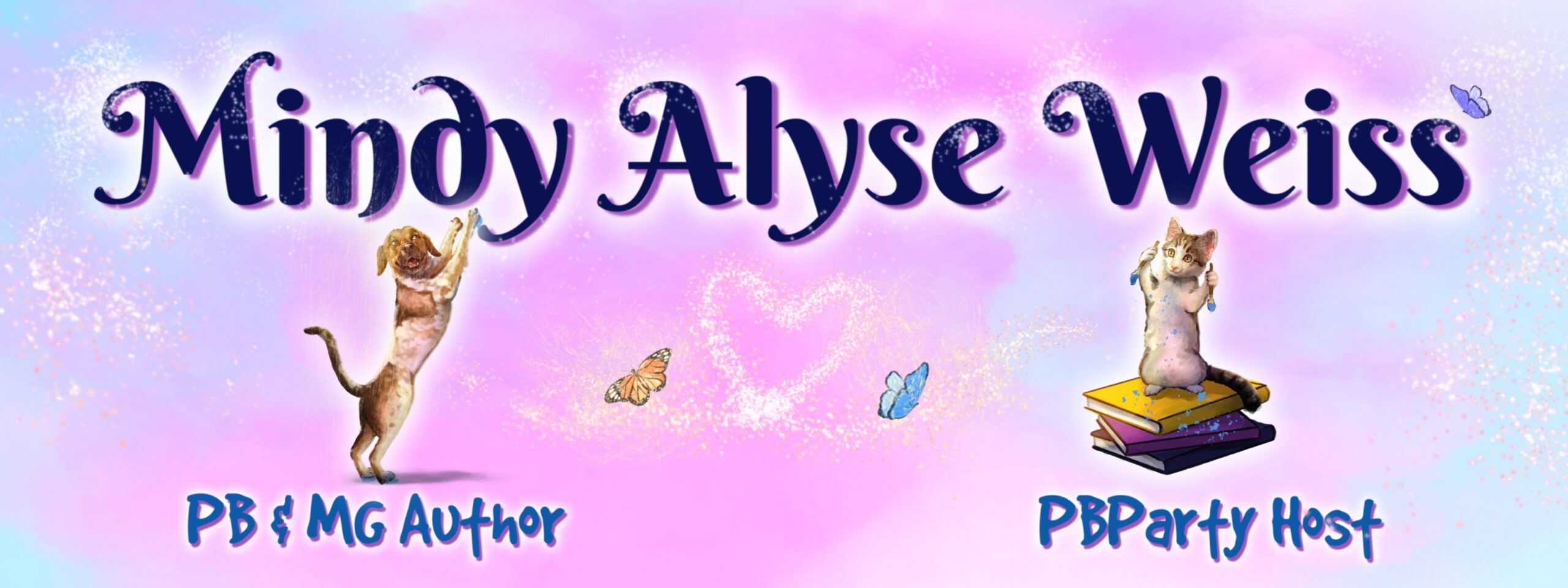
GENRE: STEM/STEAM, Non-Fiction, Biography
WORDS: 1115
Query:
Dear Agents and Editors,
Meet Reverend Henry Moule, an unsung hero who invented a revolutionary toilet two centuries ago—one that’s still relevant today. Back in the 1800s, Henry faced a slew of toilet troubles: newly popular flush toilets drained straight into rivers, fouling the water—just like failing sewers do today. Drinking water was contaminated by feces, causing illness and even death, a problem that still persists. Luckily for Henry’s English village—and the rest of the world—he invented a toilet that protected both people and the water, plus it made compost to grow more food.
The Miracle Toilet, a 1100 word nonfiction biography, tells the story of Henry’s innovative solution to stop water pollution and recycle nutrients. Themes of science, history, and environmental stewardship align with successful picture books about clean water and protecting the earth, such as The Great Stink by Colleen Paeff (2021). This book supports science standards on water, plant growth, nutrient cycles, and more. While the kid-appealing topic of poop is central, The Miracle Toilet goes beyond the yuck factor to show how nature-based solutions can help solve our environmental problems.
I’m a freelance writer and educator who loves to share eco-toilet stories with a young audience. My article, “For a better brick, just add poop”, won the American Association for the Advancement of Science’s Kavli gold award in children’s science news (2023). In addition to journalism, I work to transform homes and communities to conserve and reuse water through the nonprofit I co-founded, Greywater Action. I published two how-to books for adults on the topic. I’m also a member of SCBWI.
Thank you for your time and consideration.
Excerpt:
The Reverend Henry Moule loved his toilet, and everybody knew it. Even the Queen.
He boasted about it to people walking by. He raved about it in the newspapers, in letters to politicians, and in books.
Henry’s toilet was special.
It was Henry’s own invention; it grew food; it helped keep rivers clean; and most important of all, his toilet saved lives.
What inspired you to write this story & what do you have in common with it:
Clean water is vital to all life, yet our culture treats it like trash—we poop in it, dump waste down the drain and use it carelessly. Why? Our default sanitation system stems from decisions made in 19th-century Europe. I work in water conservation and was inspired when I learned of Henry Moule’s fight for a different future. His eco-toilet addressed the poop issues of his time without shifting the problem downstream or onto future generations. We still face many of the same water challenges he did, and Henry’s legacy shines a light for a better path forward as we look for solutions.


2 Comments
Leave your reply.